Encourage Acceptable Behavior
Redirect your puppy’s chewing onto acceptable objects by offering her a small puppy-safe chew bone or other type of chew toy whenever you pet her. This technique can be especially effective when children want to pet her. As you or the child reach out to scratch her behind the ears with one hand, offer the chew bone with the other. This will not only help your puppy learn that people and petting are wonderful, but will also keep her mouth busy while she’s being petted. Alternate which hand does the petting and which one has the chew bone. At first, you may need to pet or scratch your puppy for short periods of time, since the longer she’s petted, the more likely she is to get excited and start to nip.
Discourage Unacceptable Behavior
You must also teach your puppy to be gentle with hands, and that nipping results in unpleasant consequences for her. Teach your puppy that nipping “turns off” any attention and social interaction with you. After a nip, yell “OUCH” as though you’ve been wounded, then ignore her until she’s calm. Then offer the chew bone and petting method again. It may take many repetitions for her to understand what’s expected.
Remember that any of these methods will be more effective if you teach your puppy the right behavior by offering her an acceptable chew toy.
Jumping Up
When your puppy jumps up on you, she wants attention and we often give it, even if it is in the form of shouting or pushing with your arms in an attempt to get her paws off you. It is far better if you:
- Fold your arms in front of you, turn away at a 45 degree angle and freeze. Don’t look at your puppy or speak to her. Pretend she is invisible.
- Wait calmly and quietly until all 4 of her feet are on the ground, then quietly praise her and give her a treat. If she knows “sit”, you can ask for that and give her attention while she’s in the sitting position.
- When you begin to praise her, if she begins to jump up again, simply repeat the above. Remember to keep your praise low-key.
When your puppy realizes that she gets no attention from you while she’s jumping up, but does get attention when she stops jumping up and sits, she’ll stop jumping up. Remember, once you’ve taught her to come and sit quietly for attention, you must reward her behavior. Be careful not to ignore her when she comes and sits politely, waiting for your attention as she’ll revert to jumping up again.
What Not To Do
Attempts to tap or hold your puppy’s mouth closed for nipping or jumping mostly backfire:
- She could become “hand-shy” and cringe or cower whenever a hand comes toward her face.
- She could become afraid of you and refuse to come to you or approach you at all.
- She could respond in a defensive manner and attempt to bite you to defend herself.
- She could interpret a mild slap as an invitation to play, causing her to become more excited and even more likely to nip.
Never play “tug-of-war” or wrestling games with your puppy if you’re having a nipping problem. These types of games encourage out-of-control behavior such as grabbing and jumping – the exact behavior you are trying to reduce.
Children and Puppies
A child’s first reaction to being nipped or mouthed by a puppy is to push the puppy away with their hands and arms, or run and/ or squeal and make noise. This will be interpreted by the puppy as play and will probably cause the puppy to escalate and nip and mouth even more. Dogs should never be left alone with children and parents should monitor closely all interactions between their children and dogs.
For more information about children and dogs, read our handout Dogs and Children: Important Information for Parents: oregonhumane.org/wp-content/uploads/Children_And_Dogs_Info_For_Parents_9.10.17.pdf
Need help? Call our free pet behavior help line at (503) 416-2983.


